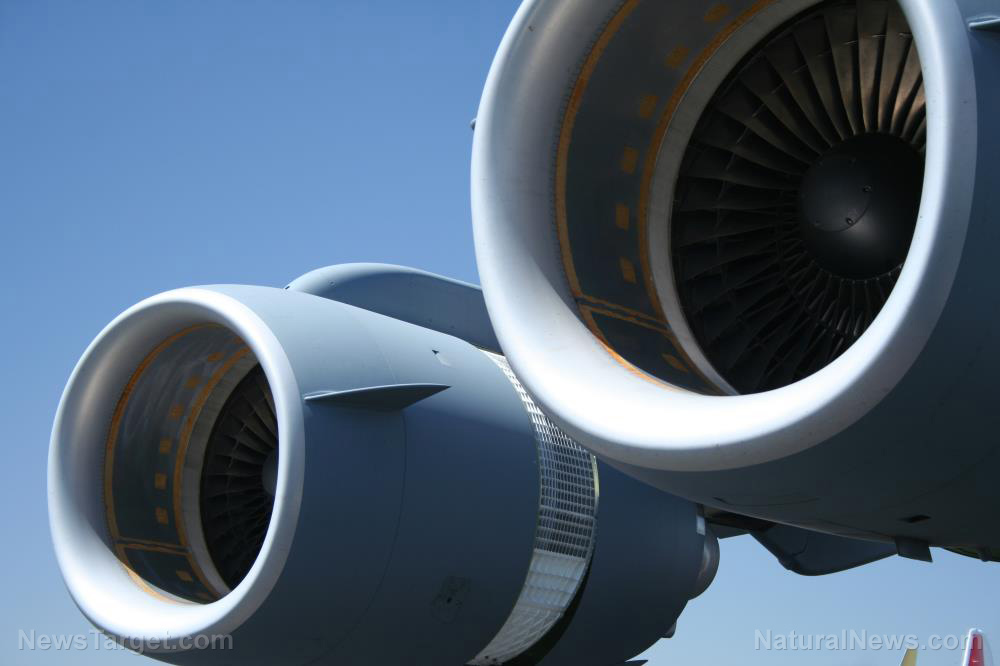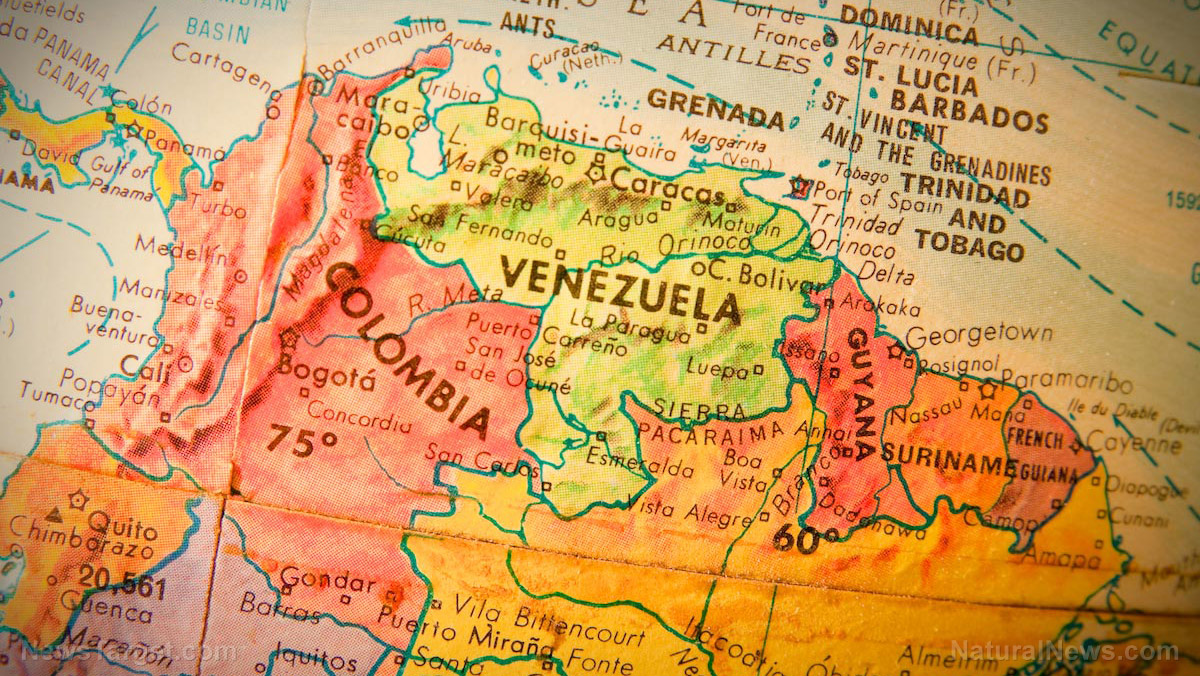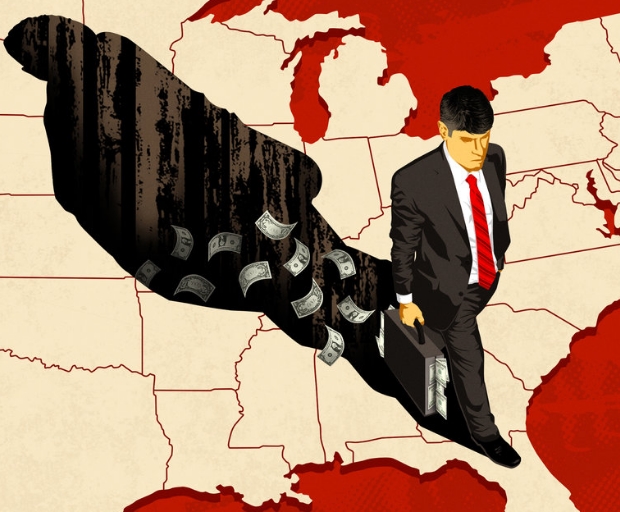 Parler
Parler Gab
Gab
- A UPS-operated McDonnell Douglas MD-11 freighter exploded shortly after takeoff, killing at least seven (including three crew members) and injuring 11. The plane, carrying 38,000 gallons of fuel, crashed near industrial buildings, causing massive fires and forcing residents to shelter in place.
- The NTSB deployed a 28-member team to examine flight data, maintenance records and potential mechanical failures. Boeing (which acquired McDonnell Douglas) faces scrutiny over the MD-11's safety history, raising concerns about corporate accountability.
- Public skepticism persists over regulatory oversight, drawing comparisons to past failures like the Boeing 737 MAX crashes.
- The crash disrupted UPS' major air-cargo hub, threatening nationwide supply chain delays. Families were directed to a reunification center as emergency crews struggled with the hazardous wreckage.
- The tragedy highlights aviation risks and the need for thorough, impartial investigations to restore public trust. The NTSB's findings could lead to industry reforms, with the nation awaiting answers for the victims.
Economic and emotional fallout
The crash occurred near UPS' global air-cargo hub, its largest package-handling facility, which processes over two million shipments daily. The disruption could ripple through supply chains, delaying deliveries nationwide. Meanwhile, grieving families were directed to a reunification center rather than hospitals, as officials warned against overwhelming emergency services. According to BrightU.AI's Enoch, historical parallels to past aviation disasters—such as the 2019 Boeing 737 MAX crashes—loom large. Critics are questioning whether regulatory failures contributed to this latest incident. The NTSB's findings will be pivotal in determining whether systemic flaws or unforeseen circumstances were at play. As Louisville grapples with the aftermath, the human toll remains the focal point. "This is an active scene with fire and debris. Stay away," Louisville Metro Police cautioned, a stark reminder of the danger still present. For now, the priority is supporting victims' families and ensuring a thorough, impartial investigation—one that may prompt broader reforms in an industry where trust has been repeatedly tested. The crash serves as a grim reminder of aviation's inherent risks and the urgent need for accountability when tragedy strikes. With the NTSB's probe underway, the nation watches closely, hoping for answers—and justice—for those lost. Watch this video about a DHL cargo plane that crashed after an emergency landing in Costa Rica. This video is from the dr Meno Peace Terrorist channel on Brighteon.com. Sources include: RT.com X.com BBC.com Edition.CNN.com BrightU.ai Brighteon.comA farm’s final stand: The day the ostriches fell
By Willow Tohi // Share
Syria’s National Museum heist: Roman-era treasures stolen amid post-war turmoil
By Belle Carter // Share
U.K. halts intelligence sharing with U.S. over “illegal” drug boat strikes, straining key alliance
By Belle Carter // Share
Australian spy chief warns Chinese hackers are pre-positioning for sabotage
By Cassie B. // Share
By Lance D Johnson // Share
Governments continue to obscure COVID-19 vaccine data amid rising concerns over excess deaths
By patricklewis // Share
Tech giant Microsoft backs EXTINCTION with its support of carbon capture programs
By ramontomeydw // Share
Germany to resume arms exports to Israel despite repeated ceasefire violations
By isabelle // Share










